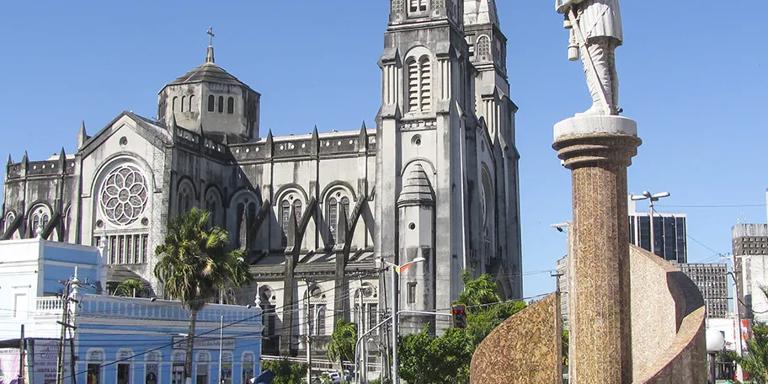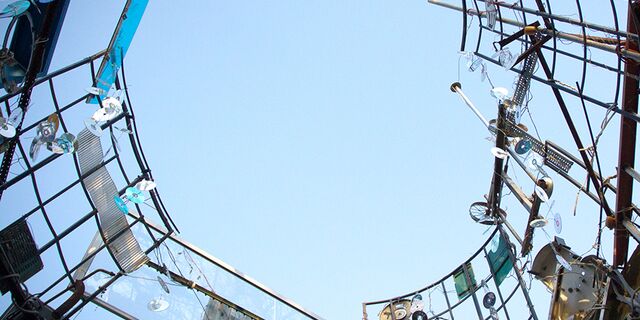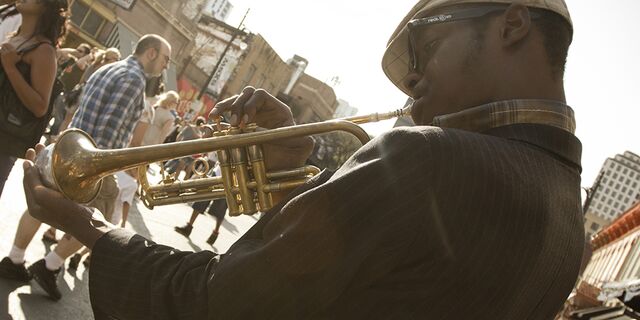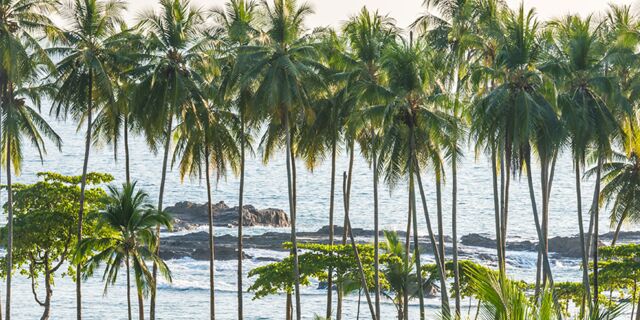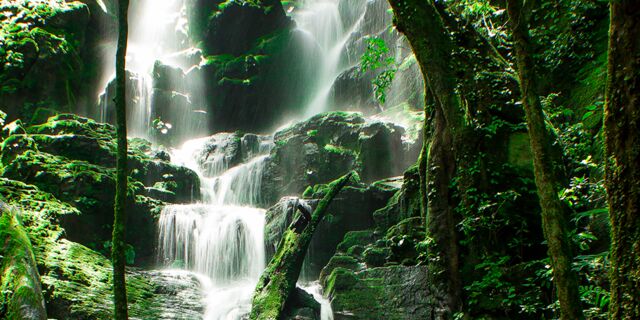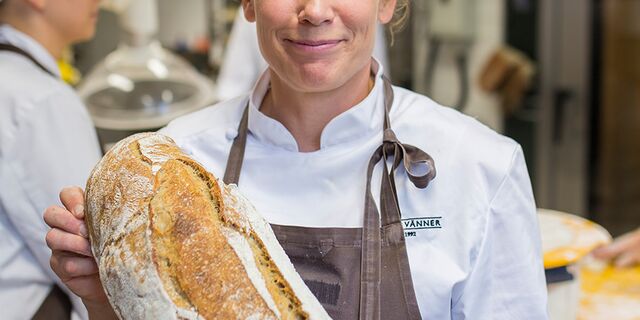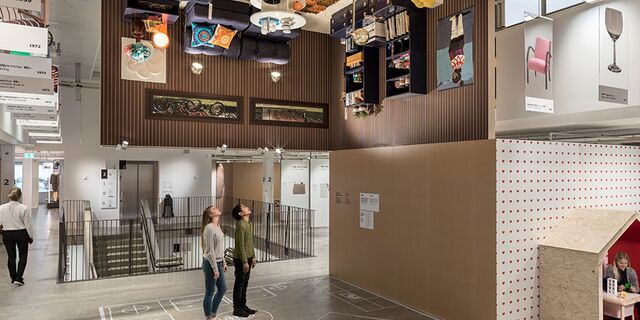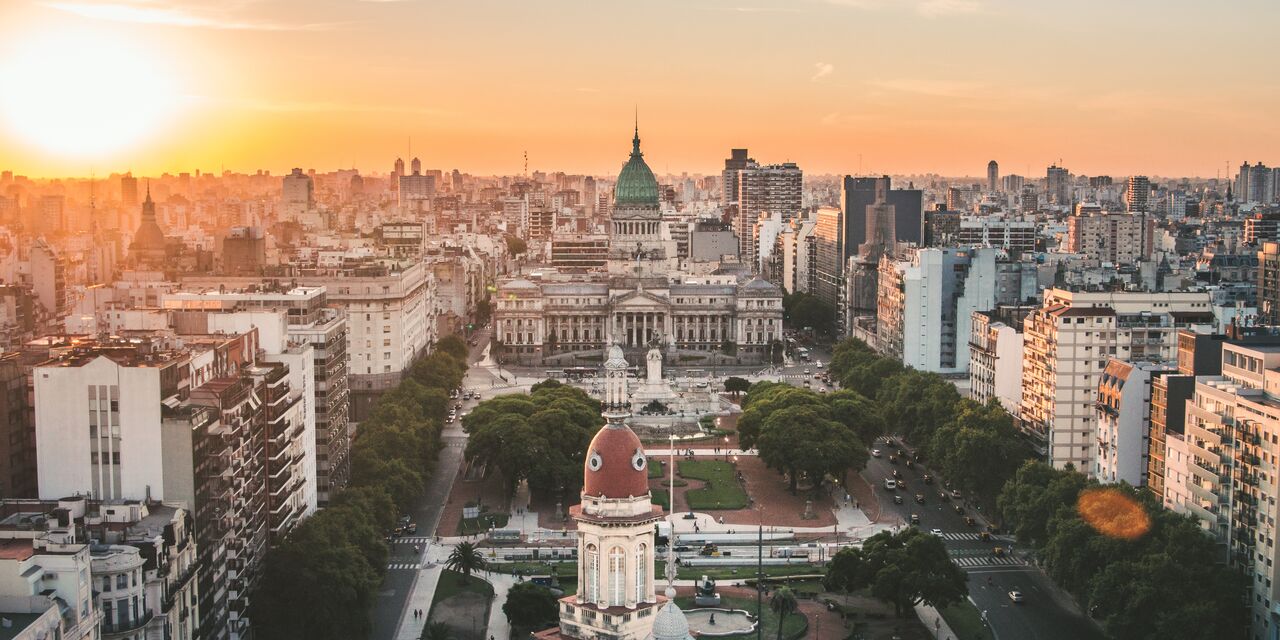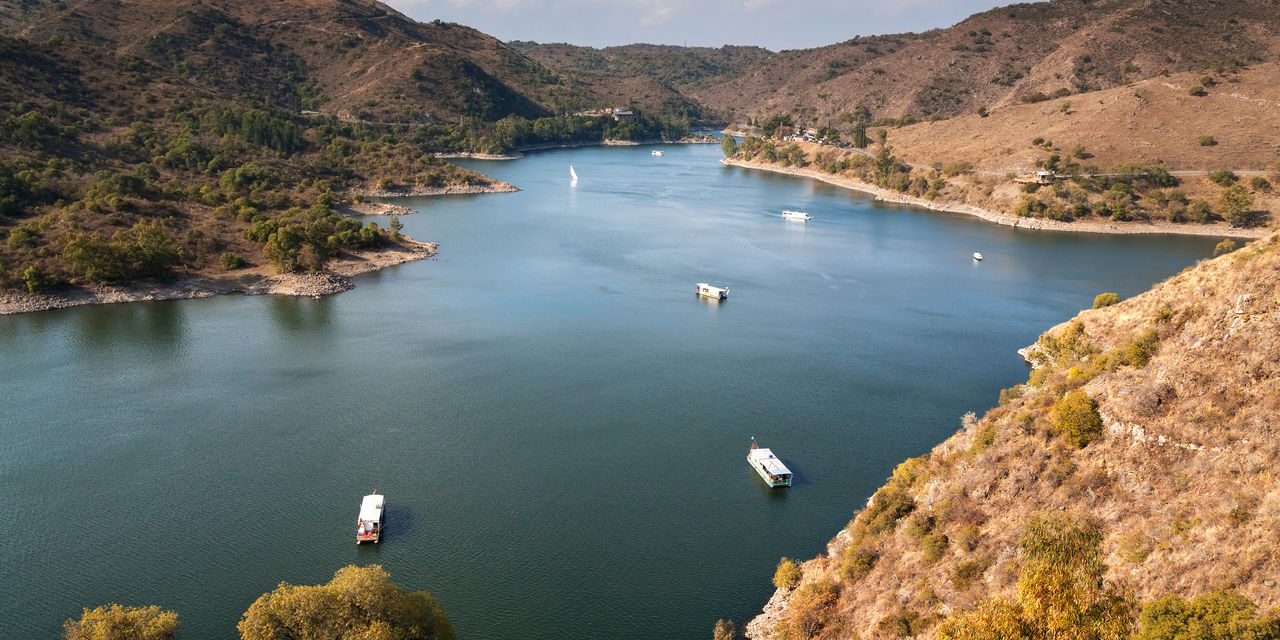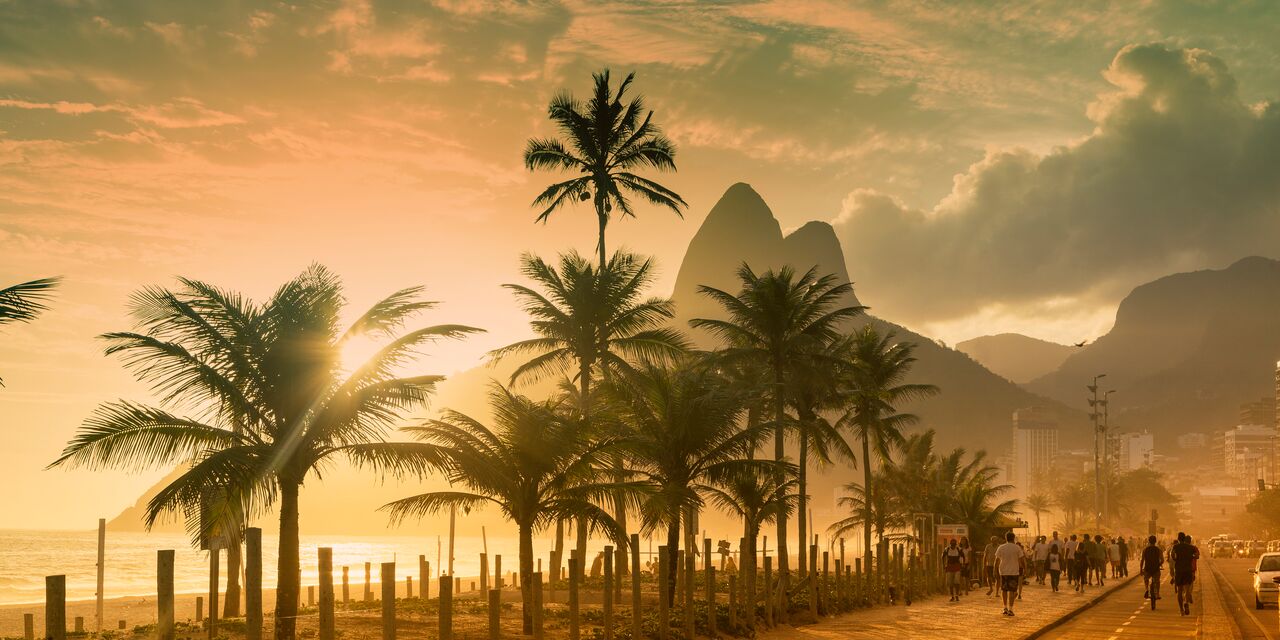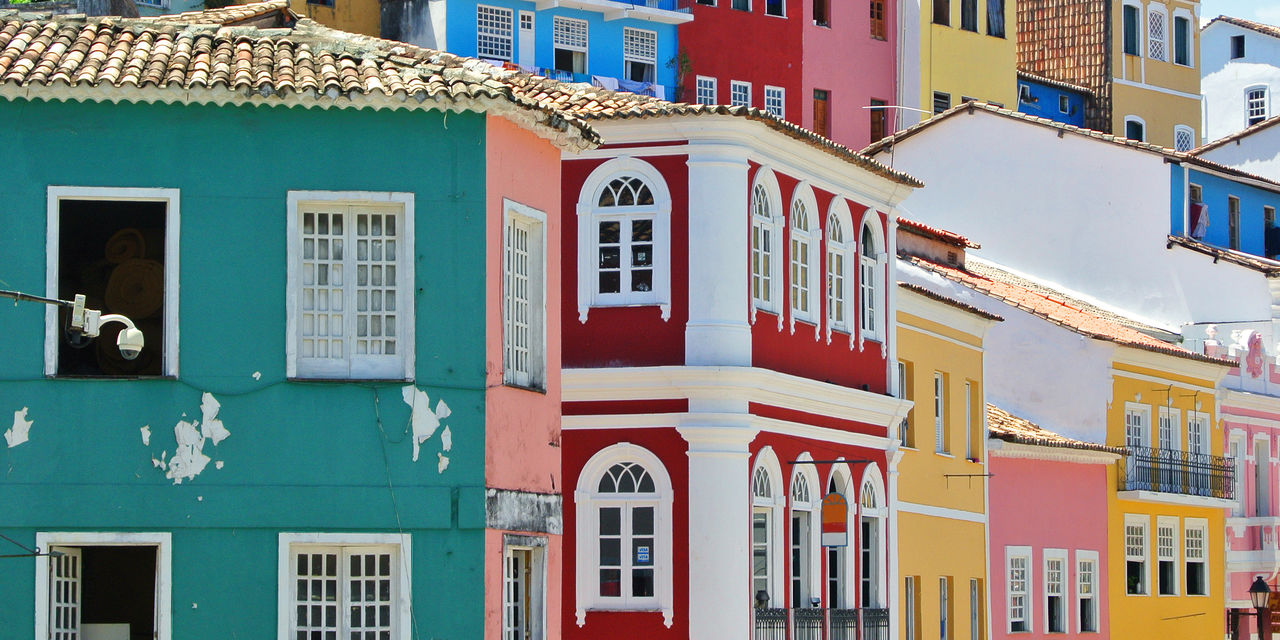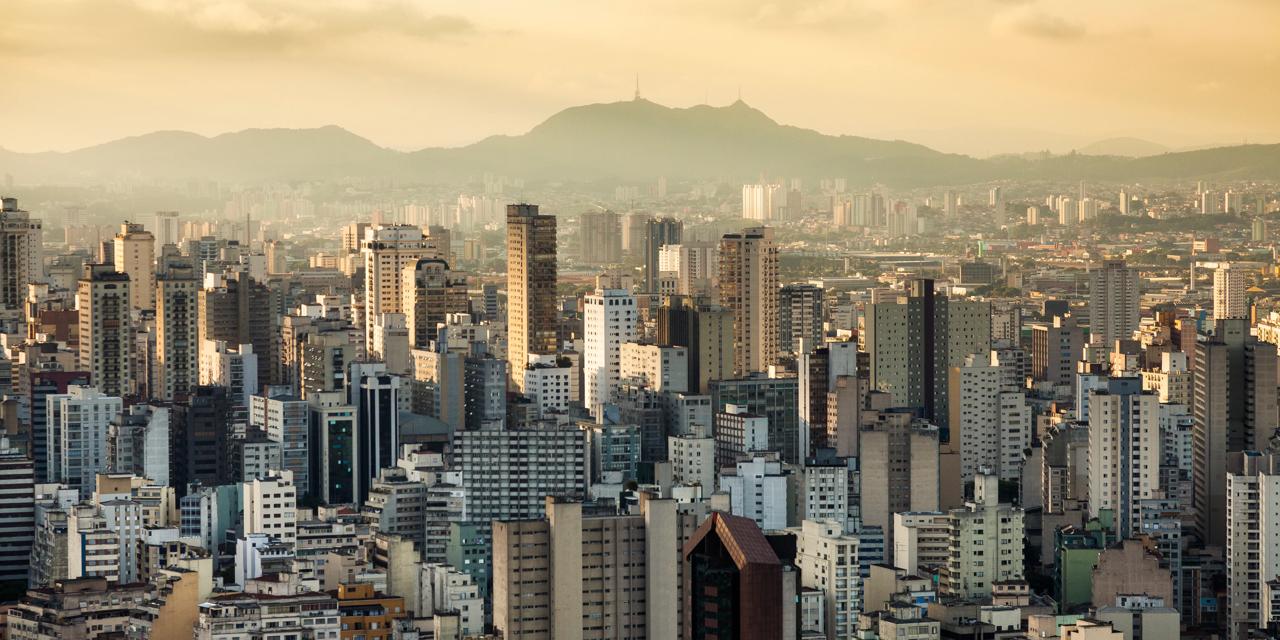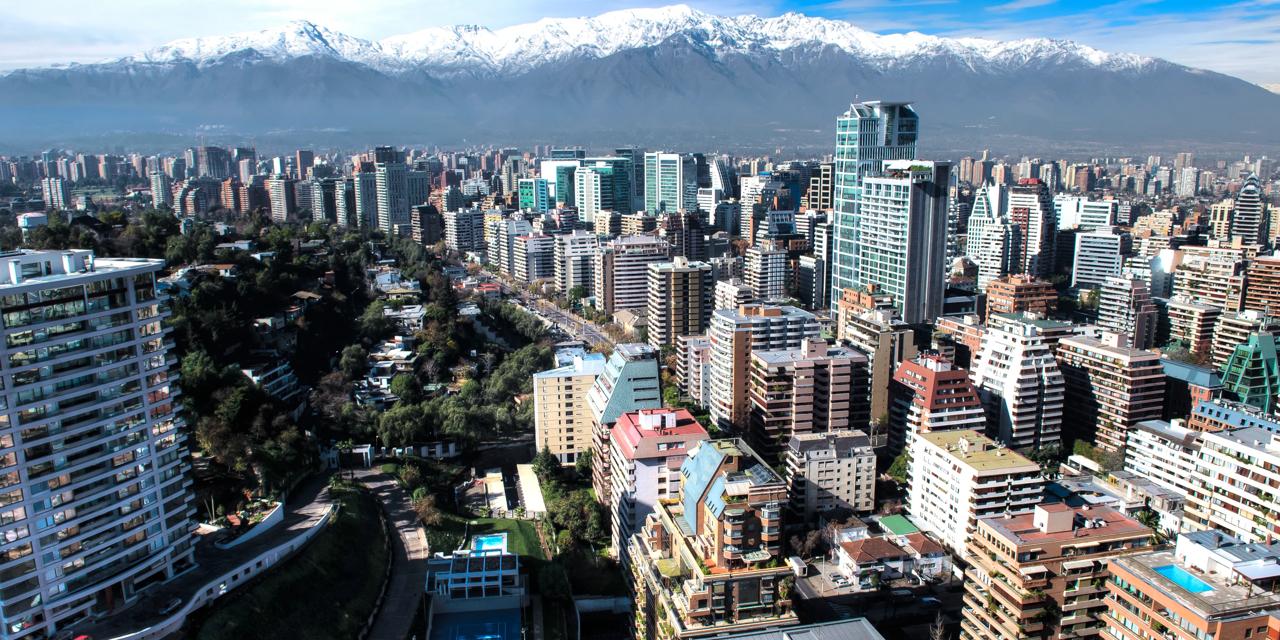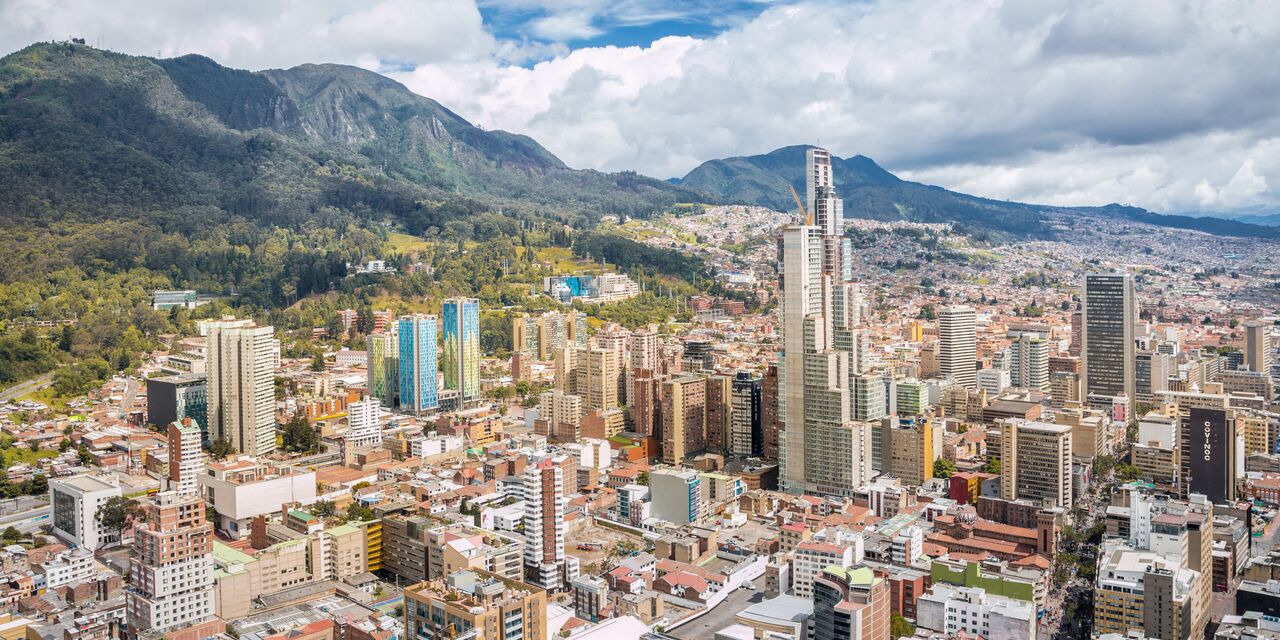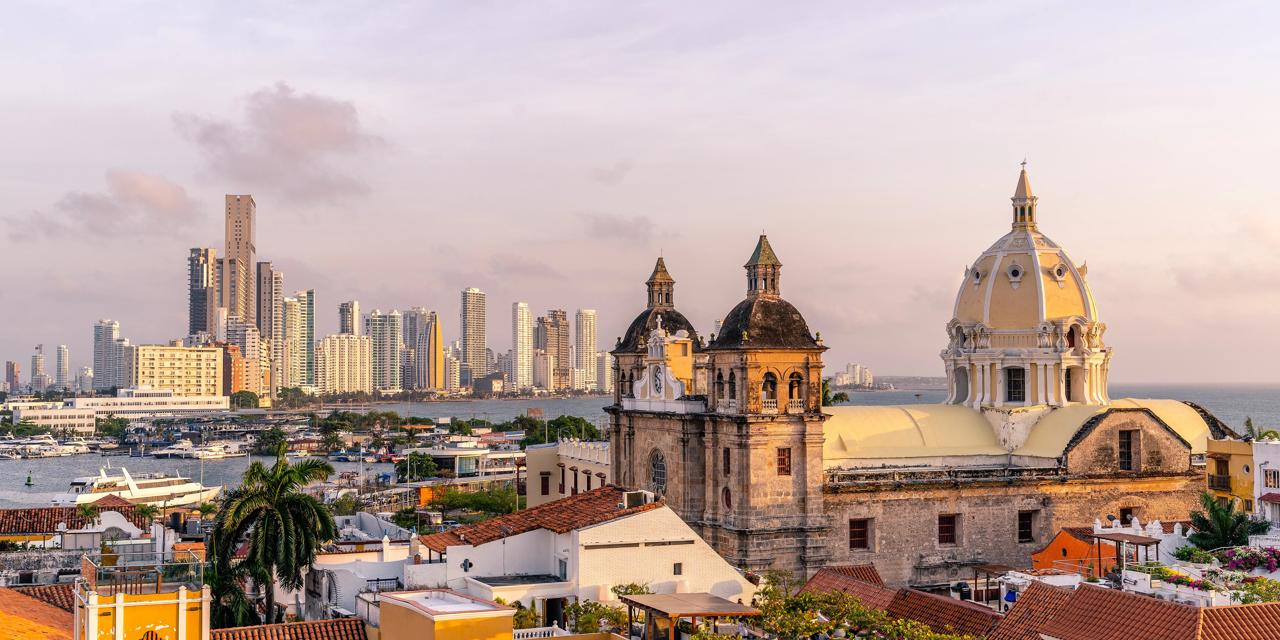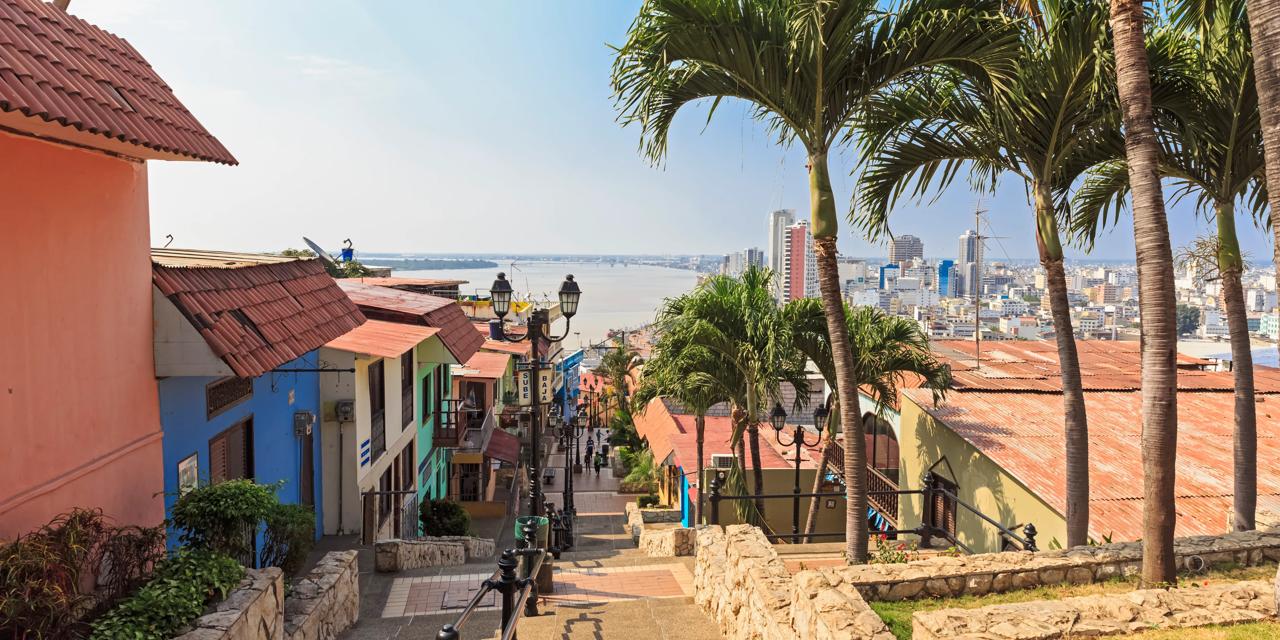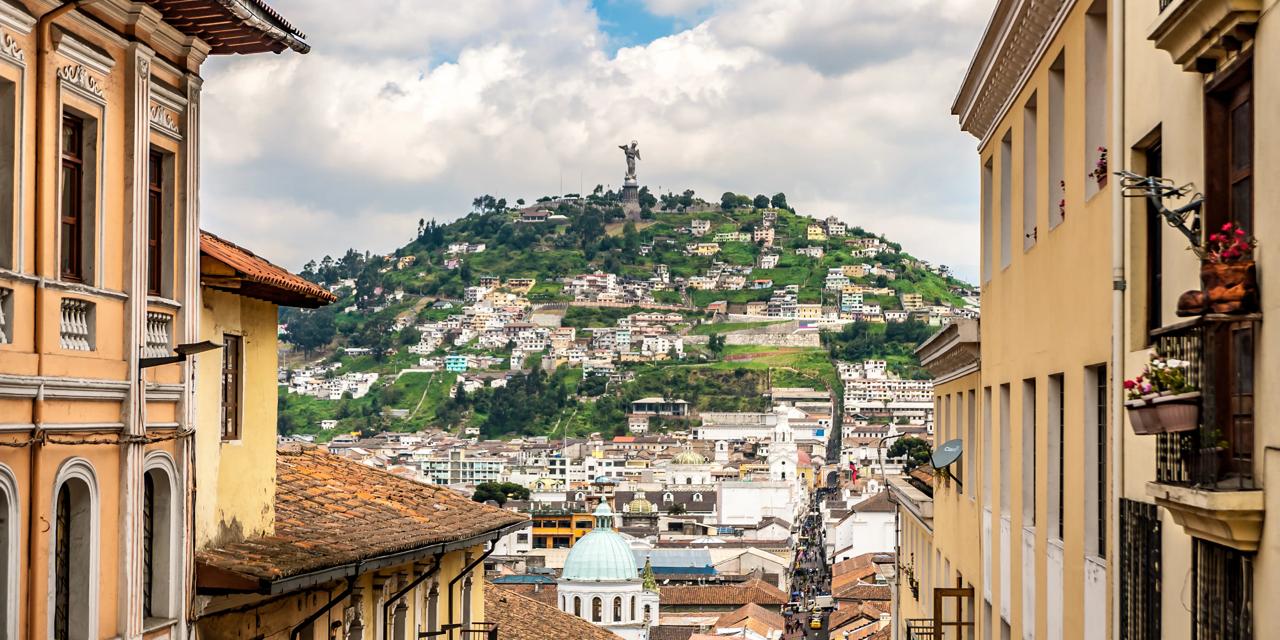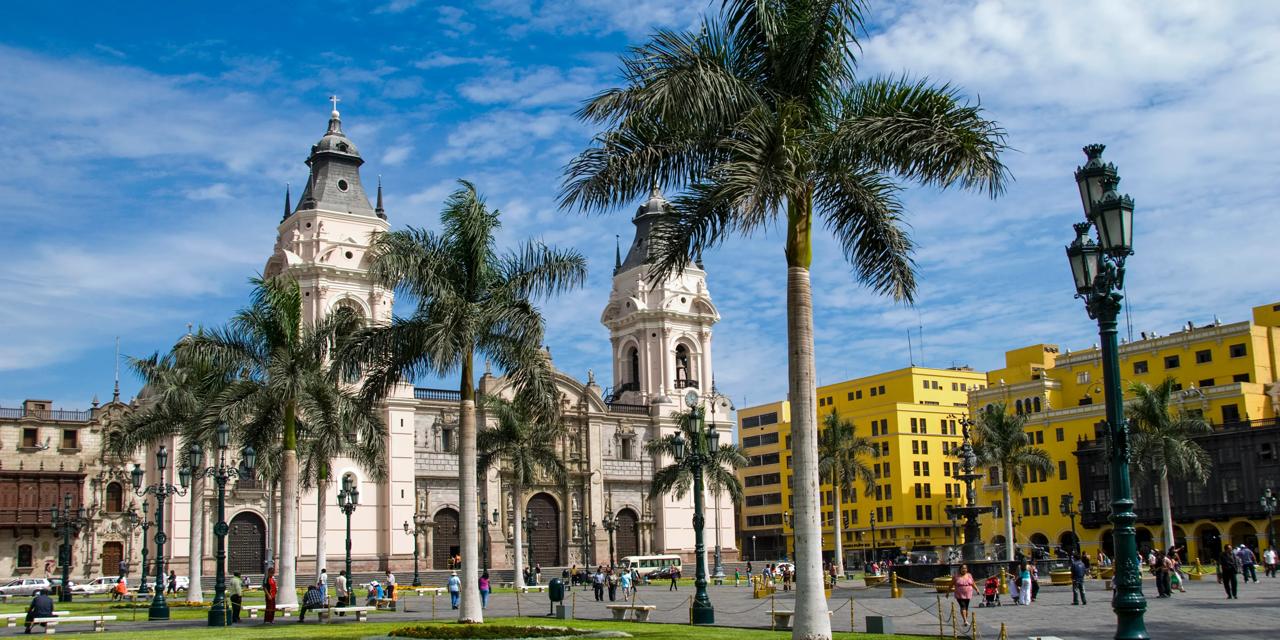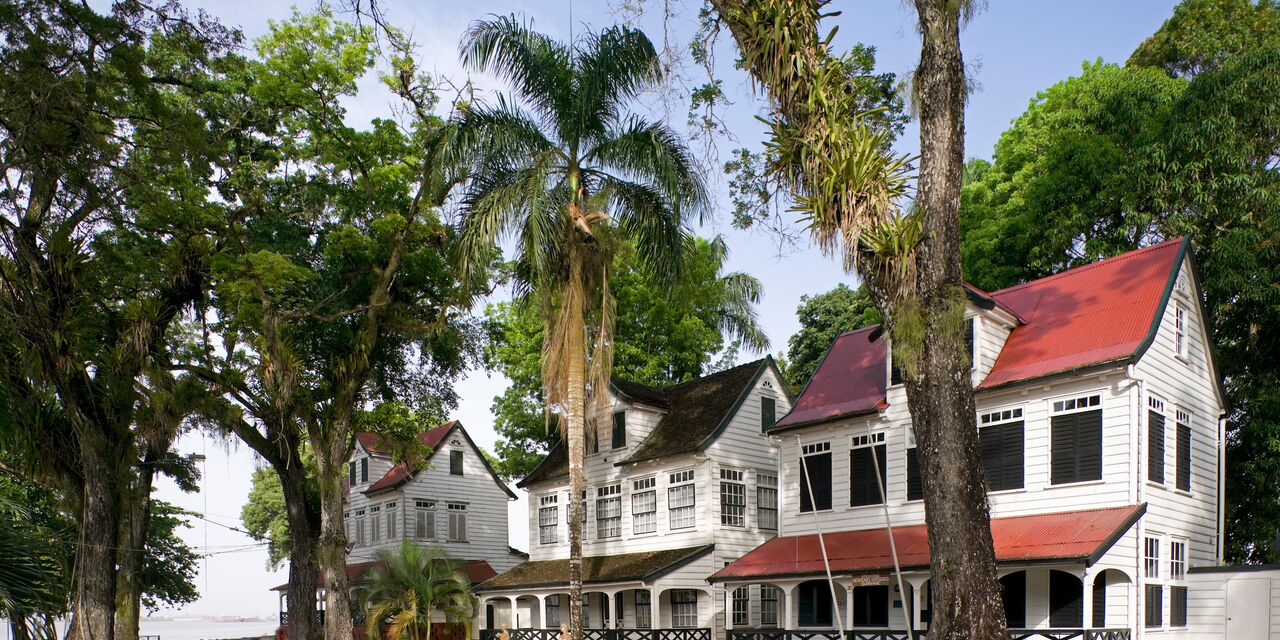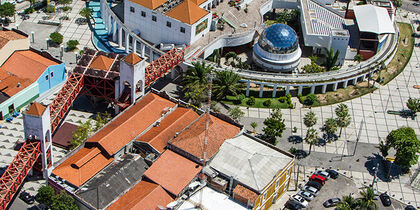
Art, caipirinhas and colonial architecture
The lovely cultural centre Dragão do Mar is wedged between downtown and Iracema. Named after a popular local hero who rebelled against slavery, the centre consists of several modern buildings connected by walkways. Here you will find two museums (a regional and a modern art museum), a theatre, cinema, library and a planetarium, all surrounded by colourful colonial houses which have been converted into restaurants, bars and patios. Locals flock here for a museum visit followed by dinner or a few capirinhas on a patio overlooking the square.
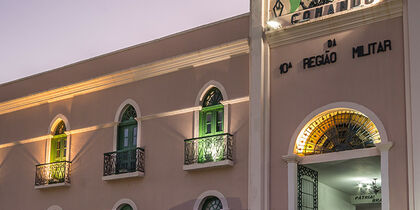
Fortaleza's Dutch roots
Across from the Mercado Central market stands the colonial fort that gave Fortaleza its name. Fort Schoonenborch was founded in 1649 by the Dutch. Five years later the Portuguese conquered it and renamed it Fortaleza de Nossa Senhora da Assunção (the Fortress of Our Lady of Assumption). Few people know that the fort, which serves as the command post for the 10th Military Region, is open to visitors. Just report to the soldier on guard at the main gate and you will be allowed to explore the courtyard surrounded by white plastered walls and black cannons that point towards the turquoise blue ocean.
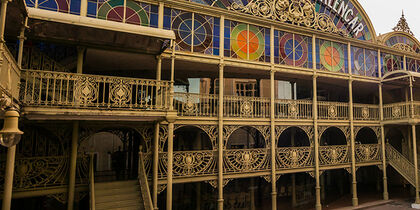
High octane art deco
Ornate Scottish wrought iron, colourful stained glass windows, decorated ceilings, elegant murals and 800 hardwood seats: Theatro José de Alencar is by far the loveliest building in Fortaleza. The theatre was inaugurated in 1910, although the garden by famous landscape architect Roberto Burle Marx was only completed decades later. At night, the theatre hosts a variety of performances, ranging from plays to opera, musicals and local forró music. In the daytime, you can enjoy a guided tour of the building. The information is only in Portuguese, but that hardly matters as the sumptuous architecture speaks for itself.

